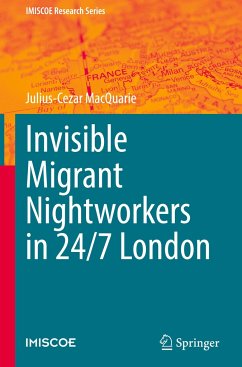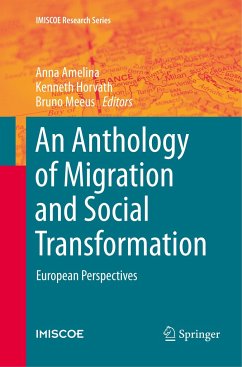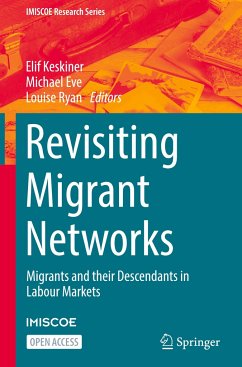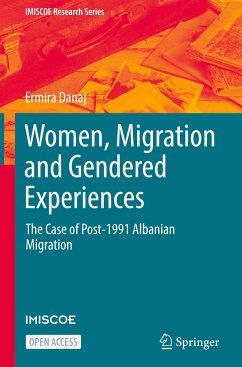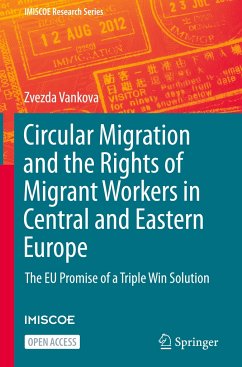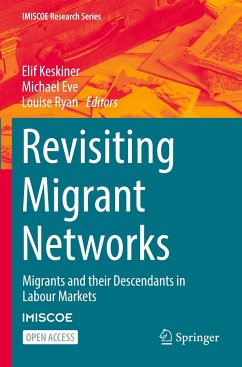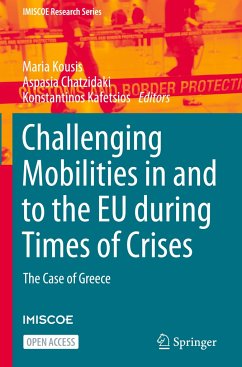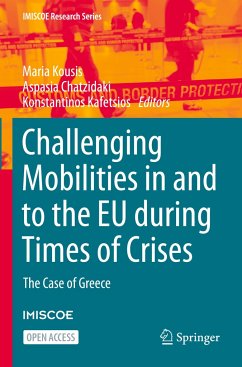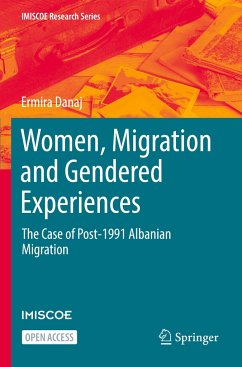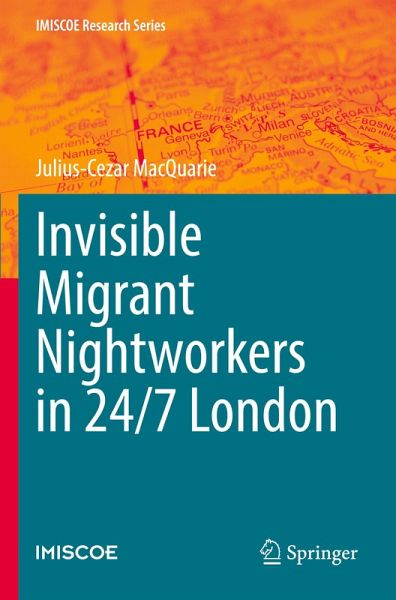
Invisible Migrant Nightworkers in 24/7 London
Versandkostenfrei!
Versandfertig in 6-10 Tagen
90,99 €
inkl. MwSt.
Weitere Ausgaben:

PAYBACK Punkte
45 °P sammeln!
This book captures the hidden labour of migrant nightworkers in 24/7 London. It argues that late capitalism normalises nightwork, yet refuses to recognise the associated problems, from lack of decent working conditions to the seizure of the workers' private time for self-development, family and social life. The book shows how the articulation of nightworkers' subjectivities and socialities happens at the intersection between migration, precarity and nightwork, and traces how each of these dimensions magnifies the lived experience of the others. It further reveals that any possibilities for coo...
This book captures the hidden labour of migrant nightworkers in 24/7 London. It argues that late capitalism normalises nightwork, yet refuses to recognise the associated problems, from lack of decent working conditions to the seizure of the workers' private time for self-development, family and social life. The book shows how the articulation of nightworkers' subjectivities and socialities happens at the intersection between migration, precarity and nightwork, and traces how each of these dimensions magnifies the lived experience of the others. It further reveals that any possibilities for cooperation or solidarity in the workplace between migrant nightworkers become fragile and secondary to their survival of the nightshift. It also elucidates the mechanisms that hinder cohesion between vulnerable groups placed temporally and socially on a different par to the mainstream societies. As such, this book is an excellent resource for labour regulators, experts and student researchers in migration, work and gender.
The book offers a deeply empathic and engaging portrayal of the production of disciplined and exploitable manual labor in permanent nightshift cities. It cogently unpacks the experiences of embodied precarity through the largely unseen micro-practices of workplaces that entrap migrant laborers. The nightnographic component adds an original dimension to the inquiry.
Violetta Zentai, Central European University
The book offers a deeply empathic and engaging portrayal of the production of disciplined and exploitable manual labor in permanent nightshift cities. It cogently unpacks the experiences of embodied precarity through the largely unseen micro-practices of workplaces that entrap migrant laborers. The nightnographic component adds an original dimension to the inquiry.
Violetta Zentai, Central European University



